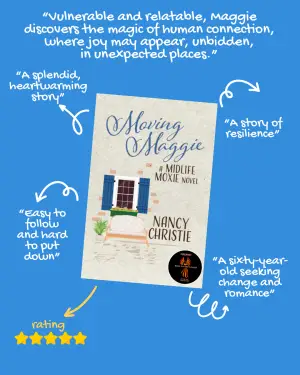Review of The Ballad of Songbirds and Snakes by Suzanne Collins
When I first picked up The Ballad of Songbirds and Snakes, the prequel to Suzanne Collins’ beloved The Hunger Games series, I was fueled by a combination of nostalgia and skepticism. Could a story centered around the infamous President Snow possibly captivate me? To be honest, my expectations were measured; I went in with the understanding that this would not mirror the fast-paced action of the original trilogy. Instead, I was profoundly intrigued by the psychological dance of ambition, morality, and survival that lay ahead.
This novel dives into the murky depths of human nature, expertly exploring themes of power, manipulation, and the birth of a villain. We meet Coriolanus Snow, a complex character whose journey cleverly unfolds within the framework of the tenth Hunger Games. Collins expertly crafts Snow as a multifaceted, morally gray teenage boy—one who is neither a pure hero nor a villain but a product of his ambitions and circumstances.
One of my favorite lines resonated deeply with me: “Being a hero at home had its limitations; he needed a larger audience.” This encapsulates Snow’s struggle perfectly. His cunning and strategic mindset shine as he navigates the political landscape of the Capitol and the deadly games themselves. I found myself invested in his intricate web of deceit and survival. Yes, he is ruthless, calculating, and often selfish, but I could not help but admire the lengths he was willing to go to ensure his survival.
The characters are brilliantly drawn, and I adored Lucy Gray Baird. Her fiery spirit and resilience contrasted beautifully with Snow’s cold pragmatism. There’s a notable moment when she quips, “You can’t take my sass… And then keep on walking.” This captured her essence—clever, resourceful, and unwilling to be turned into a pawn, even in the direst of circumstances. Her relationship with Snow is fraught with tension and nuanced emotion, showcasing a unique blend of admiration and manipulation that kept me turning the pages.
The pacing of the narrative overall is deliberate, opting for intricacy over sheer action, which may surprise some readers expecting a relentless thrill ride akin to its predecessor. Still, I appreciated this approach. It allowed for deeper character exploration and philosophical inquiries into the nature of power and survival. Perhaps this is why The Ballad of Songbirds and Snakes became a nominee for the Goodreads Choice Awards 2020; it’s a book that stirs conflicting emotions and compels readers to reflect on their own morality.
For those who relish in tales of dark ambition, backstabbing, and the complexity of characters who are beautifully flawed, this book is a worthy read. It’s not a story where the heroes emerge victorious; rather, it illustrates the chilling reality of ambition and survival over morality, culminating in a haunting but impactful conclusion.
In reflecting on my reading experience, I found my initial skepticism transformed into a thoughtful engagement that lingered long after I closed the book. It’s an absorbing exploration into the roots of villainy and the games we all play in pursuit of our goals. If you’re up for a multi-layered journey, The Ballad of Songbirds and Snakes awaits, ready to challenge your perceptions and possibly even evoke a bit of pity for a future tyrant. Happy reading!
Discover more about The Ballad of Songbirds and Snakes (The Hunger Games, #… on GoodReads >>






